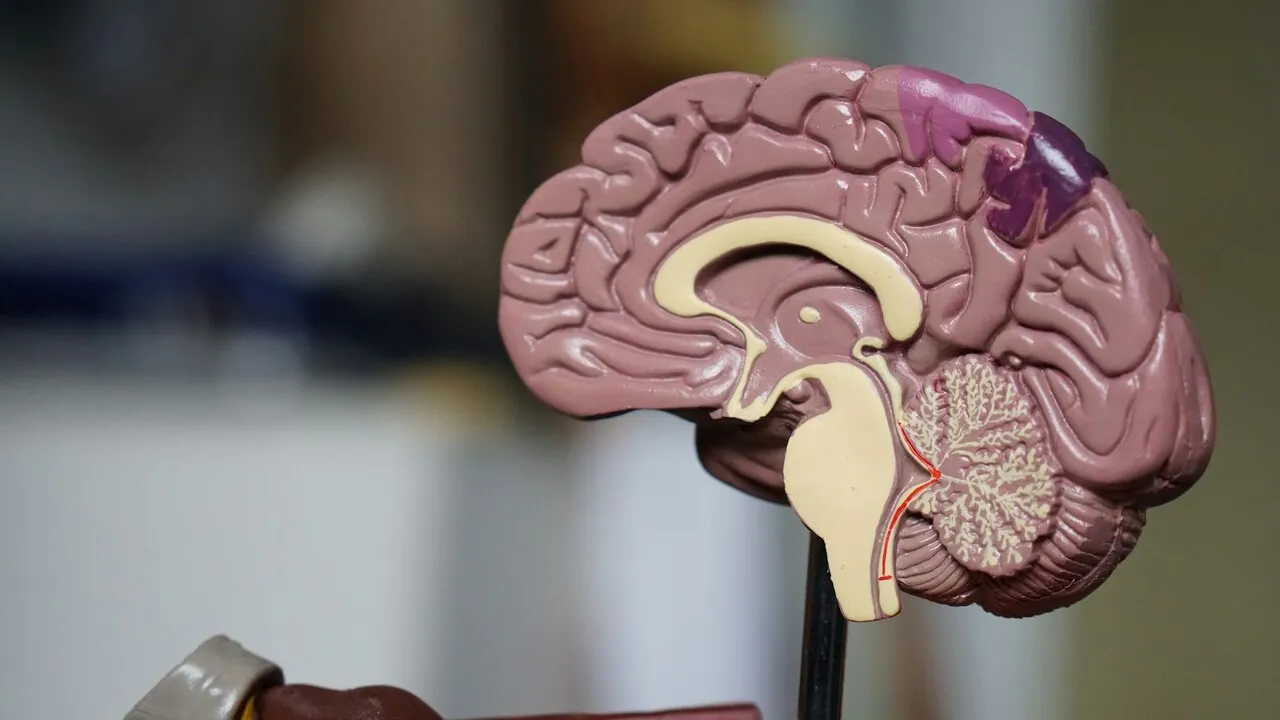 Monday, March 3, 2025
Monday, March 3, 2025The MIND Diet: A Nutritional Strategy for Mental Health and Longevity
The MIND diet (Mediterranean-DASH Diet Intervention for Neurodegenerative Delay) combines the Mediterranean diet with the DASH diet and has been specifically developed to reduce the risk of neurodegenerative diseases such as Alzheimer’s. It is based on scientific findings and emphasizes foods that support brain function.

Fundamental Principles of the MIND Diet
The MIND diet encourages the consumption of foods rich in antioxidants, healthy fats, and micronutrients while minimizing those that promote inflammation and oxidative stress. The core components include:
Leafy Greens: Spinach, kale, and salads should be consumed nearly daily.
Other Vegetables: A variety of vegetables provides essential nutrients.
Berries: Particularly blueberries and strawberries are high in antioxidants.
Nuts: A good source of healthy fats and vitamin E.
Olive Oil: The primary source of fat, rich in monounsaturated fatty acids.
Whole Grains: Oatmeal, quinoa, and brown rice promote stable energy levels.
Fish: Omega-3 fatty acids from salmon, sardines, and mackerel protect the brain.
Poultry: A good protein source with less saturated fat than red meat.
Legumes: Beans and lentils provide fiber and plant protein.
- Wine (in moderation): Polyphenols from red wine may have neuroprotective properties.

Foods to Be Limited:
Red Meat: High consumption may be linked with inflammation.
Butter and Margarine: High amounts of saturated fats can have negative effects.
Cheese: Should be consumed only in moderate amounts.
Pastries and Sweets: High sugar content and refined carbohydrates are unfavorable.
- Fried Foods and Fast Food: Often contain trans fats and saturated fats.

Scientific Evidence for the MIND Diet
Studies confirm the positive effects of the MIND diet on cognitive health. A 2015 study published in the journal Alzheimer’s & Dementia demonstrated that adherence to the MIND diet could reduce the risk of Alzheimer’s by up to 53%. Another study revealed that even moderate adherence to the MIND diet could lead to cognitive improvements.
A study published in 2017 in the Journal of the American Geriatrics Society found that individuals who adhered more closely to the MIND diet exhibited significantly better memory performance. A further meta-analysis published in 2021 in Advances in Nutrition confirmed that a diet following MIND principles is associated with slower cognitive decline.
Additionally, a long-term study published in 2022 found that strict adherence to the MIND diet not only preserves cognitive function but also reduces markers of inflammation in the body. As chronic inflammation is considered one of the main factors contributing to neurodegenerative diseases, this underscores the preventive character of this dietary approach.

Comparison: MIND Diet vs. Mediterranean and DASH Diet
| Feature | MIND Diet | Mediterranean Diet | DASH Diet |
|---|---|---|---|
| Focus | Brain health | Cardiovascular health | Blood pressure reduction |
| Main Fats | Olive oil, nuts | Olive oil, nuts | Low saturated fats |
| Protein Sources | Fish, poultry, legumes | Fish, poultry | Lean meat, legumes |
| Carbohydrates | Whole grains | Whole grains | Whole grains |
| Dairy Products | Moderate consumption | Low dairy products | Low-fat dairy products |
| Alcohol Consumption | Moderate (especially red wine) | Moderate (especially red wine) | Rare to none |

Tips for Practicing the MIND Diet
Utilize Meal Prep: Plan your meals in advance to always have healthy options on hand.
Smoothies with Berries: Enhance your diet with antioxidant-rich blueberries or raspberries in smoothies.
Healthy Snacks: Keep nuts and seeds as healthy snacks at hand.
Incorporate Fish Regularly: Aim to consume fatty fish at least twice a week.
- Replace Red Meat with Legumes: Experiment with lentil dishes or chickpea salads.
Use Olive Oil as Main Fat: Substitute butter and other animal fats with olive oil.
Replace Sweets with Dark Chocolate: If you crave something sweet, choose dark chocolate with a high cocoa content.

Conclusion
The MIND diet is a promising nutritional strategy for supporting cognitive health and reducing the risk of dementia. It combines proven elements of the Mediterranean and DASH diets to ensure optimal nutrient supply for the brain. Scientific studies support its effectiveness, especially for older adults and those at increased risk for neurodegenerative diseases. By selectively choosing foods that have anti-inflammatory and antioxidant properties, the MIND diet can significantly contribute to long-term health. Additionally, the principles of the MIND diet can be easily integrated into daily life, making it a sustainable dietary approach.


